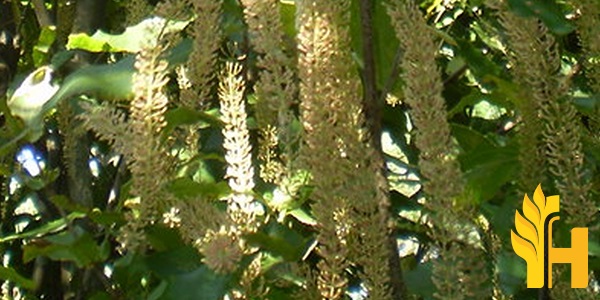Macadamia price

Where to buy and sell Macadamia, lowest (cheapest) and highest price.
check offers buy sell MacadamiaToday price for MacadamiaMacadamia wholesale prices 2022
The Current commodity price of Macadamia per kg, pound in the world in the global markets
macadamia nuts container ac mass 3
Price range: 180 - 180 ZAR / pack | Market: Tshwane Wholesale Market | Date: 2025-04-22
macadamia nuts container ac mass 3
Price range: 80 - 80 ZAR / pack | Market: Tshwane Wholesale Market | Date: 2023-12-01
macadamia nuts container ac mass 3
Price range: 80 - 80 ZAR / pack | Market: Tshwane Wholesale Market | Date: 2023-07-28
macadamia nuts container ac mass 3
Price range: 100 - 100 ZAR / pack | Market: Tshwane Wholesale Market | Date: 2023-07-04
macadamia nuts container ac mass 3
Price range: 60 - 60 ZAR / pack | Market: Tshwane Wholesale Market | Date: 2022-11-24
macadamia nuts container ac mass 3
Price range: 80 - 80 ZAR / pack | Market: Tshwane Wholesale Market | Date: 2022-11-10
Macadamia
Macadamia nuts have been a part of the human diet for centuries, but they are especially popular today due to their high nutritive value. Macadamias are native to Australia and were first cultivated in Hawaii in the late 19th century. The macadamia nut is highly esteemed for its creamy texture and sweet, buttery flavor. The nut is composed of up to 75% fat and contains significant amounts of fiber, protein, vitamins, and minerals. Macadamia nuts are becoming increasingly popular in culinary applications due to their versatility. They can be eaten raw or cooked, roasted or chopped as a topping, or used in baked goods. Macadamias also make an excellent addition to savory dishes including stir-fries, salads, and tofu. The nut's high-fat content makes it ideal for use in sauces, dressings, and other rich preparations. Macadamias can even be used as an alternative to dairy milk or cream when blended with water. With their health benefits and delicious flavor, macadamia nuts are an excellent addition to any diet. In addition to culinary uses, macadamia nuts are often used commercially in products such as cosmetics, massage oils, and health supplements. The nut's high oil content makes it well-suited for use in skin care products due to its moisturizing properties. Macadamias are also valued for their cholesterol-lowering effects and ability to provide essential fatty acids. Macadamia nut oil is especially beneficial for people with dry or sensitive skin due to its anti-inflammatory properties. From their culinary and commercial applications, it's clear that macadamia nuts are a powerhouse of nutrition and flavor. With their high nutritional value and delicious taste, macadamias are a favorite among health-conscious individuals and gourmands alike. Whether you're adding them to your next meal or looking for an alternative to dairy in your products, macadamia nuts are a great addition to any diet. Macadamia production is a labor-intensive industry and requires patience. The macadamia trees take anywhere from seven to ten years to reach full maturity, and the nuts can take several months to develop and ripen. The yields of macadamias per tree are relatively low at around 10–20 kgs per hectare, yet the nut has a high value in the marketplace. Harvesting macadamias can be tricky as the tree's hard outer husk must be cracked open to gain access to the nut inside. Traditionally, farmers have used mechanical crackers or machines that rotate and crack the shells, but this method is slow and labor-intensive.Download our new
Husfarm App
Stay up to date with the current prieces of agricultural products all over the world.
Do you want to sell agricultural products?
Are you an Agricultural processor looking for high-quality products to buy?
Post an ad for FREE!
